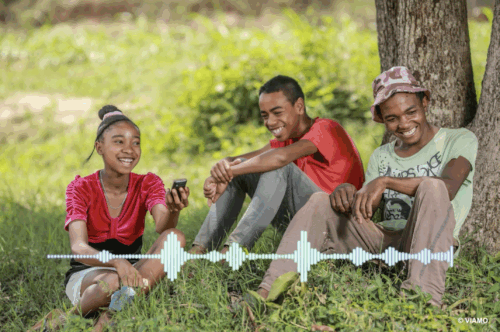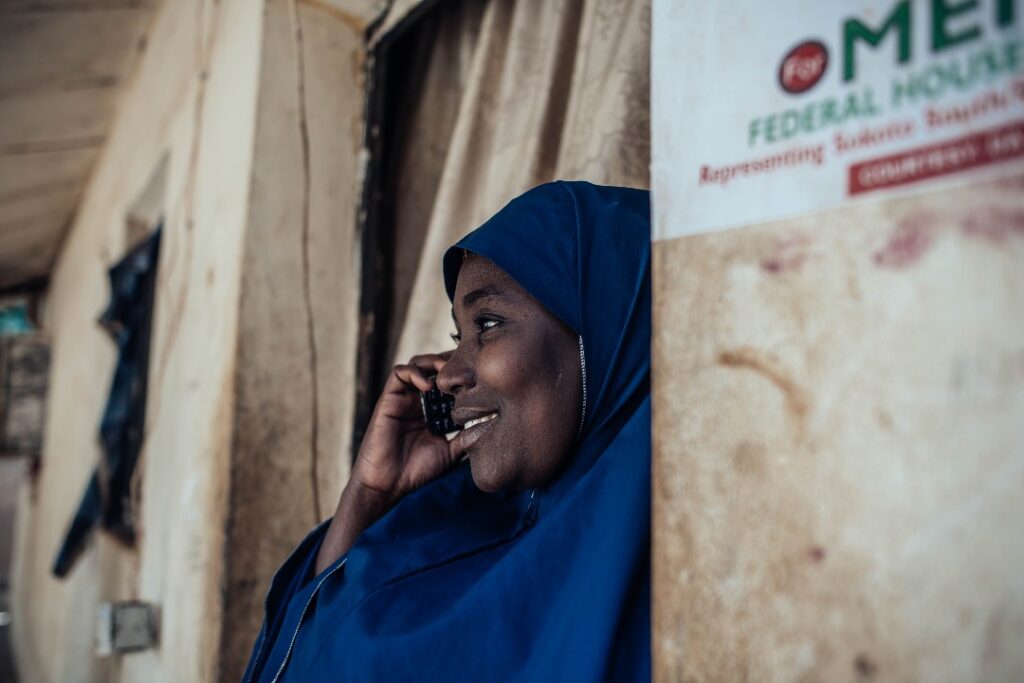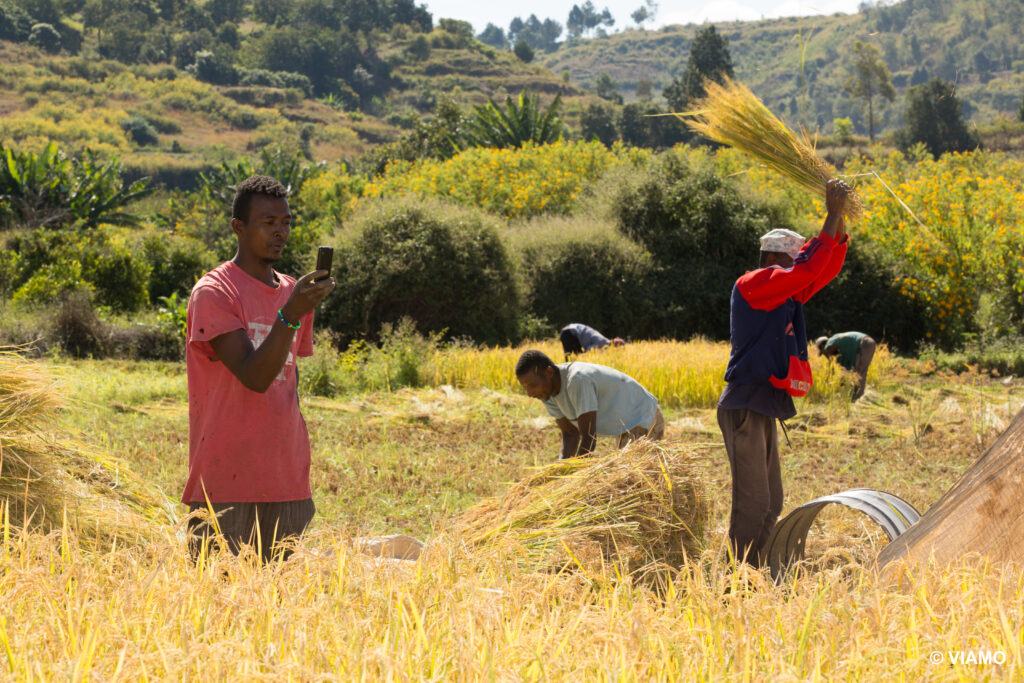 Video
Video
Digital MindSKILLZ: Reaching Hundreds of Thousands of Young People with Mental Health Information
September 4, 2025
A peer-reviewed paper on how young people engage with Digital MindSKILLZ – Grassroot Soccer and Viamo’s innovative, phone-based mental health game – has just been published in the International Journal of Environmental Research and Public Health, in its Special Issue on Advancing Youth Mental Health: Innovations, Integration, and Equity.
You can read the open-access article here: https://www.mdpi.com/1660-4601/22/8/1281.
Digital MindSKILLZ is a gamified program with pre-recorded audio content powered by Interactive Voice Response (IVR) that delivers mental health information, coping skills, and soccer-themed quizzes to young people through their mobile phones. The program brings Grassroot Soccer’s play-based approach to adolescent engagement to life by combining mental health content with the universal appeal of soccer. And, unlike most mental health apps that require smartphones and data, Digital MindSKILLZ works on any mobile phone – no smartphone, internet, or literacy skills needed.
This means that, as one external peer reviewer of the paper put it: “As one of the few large-scale, real-world, digital mental health interventions in the Global South, and only the first of its kind across multiple countries in Sub-Saharan Africa, this work fills a critical gap in the field of global mental health and digital health implementation science.”
How It Works
Digital MindSKILLZ is hosted on Viamo’s existing nationwide IVR platforms, which are accessible through shortcodes (commonly 3-2-1) provided by local Mobile Network Operators (MNOs) such as Airtel, MTN, or Vodacom. Viamo has built and maintains relationships with these MNOs, enabling users to access the service at toll-free or very low cost, making it accessible even in low-resource communities.

Digital MindSKILLZ users can choose between quick, voice-based lessons on topics like stress, stigma, and seeking help; short skills practices focused on relaxation, emotional regulation, and strengths; or a soccer trivia quiz designed to draw in those who might not initially be interested in mental health. True/false questions come with a lively announcer shouting “Goal!” or “Nice try!” while crowd sounds provide instant feedback, and even breathing exercises are explained with soccer examples.
By blending fun, sport-themed elements with practical knowledge and skills, Digital MindSKILLZ makes mental health feel accessible, engaging, and relevant.
 Video
Video
To increase accessibility, the program, which is active in six countries in sub-Saharan Africa, was translated and recorded by youth voice actors in local languages – from Luganda in Uganda; to Hausa, Yoruba, and Pidgin in Nigeria; to Kinyarwanda in Rwanda; and more. These adaptations help ensure that the content feels familiar, relevant, and trustworthy to the young people engaging with it.

Evaluation Results
This evaluation of the Digital MindSKILLZ pilot explored whether Grassroot Soccer and its partner Viamo could bring mental health knowledge and skills to young people at scale using Viamo’s IVR technology and platforms. Between September 2024 and March 2025, more than 420,000 people across six countries (Democratic Republic of the Congo, Ghana, Nigeria, Rwanda, Uganda, and Zambia) engaged with at least one mental health message through the game. Nearly 70% of users were in rural communities, and two-thirds were under 25 – the program’s target audience.
Engagement was encouraging, the evaluation found. Many young people explored multiple branches of the game, including mental health information, coping skills like guided breathing, and the soccer quiz. Importantly, 85% said they would recommend the game to a friend, a strong vote of confidence from young people themselves that the game is resonating with them.
The evaluation also identified areas of strength and weakness in young people’s understanding of mental health. Across 18 true-false statements about mental health in the game, users answered correctly 62% of the time. (When a user answers a question incorrectly, the game explains what the correct answer is and why.)
Young people showed a solid understanding of general healthy practices like sleep and stress management, but misconceptions were widespread around stigma, help-seeking, and basic concepts around mental health and mental illness. For example, 79% of users mistakenly thought that “good mental health means being happy all the time.” This highlights the importance of ensuring that future iterations of the game include content focused on challenging stigma, clarifying basic mental health concepts, and strengthening help-seeking pathways.
What’s Next
As of late August 2025, Digital MindSKILLZ remains active in six countries, with more than 650,000 users. With important lessons learned on feasibility, reach, and engagement, Grassroot Soccer and Viamo are working to make the game stronger – from simpler navigation to more targeted messaging – as well as expanding the game’s reach and developing an interactive version powered by Generative Artificial Intelligence (AI) via voice calls.
Additionally, this evaluation will provide critical information that will inform the future study of Digital MindSKILLZ in Malawi, which is currently being planned.
To learn more, contact Grassroot Soccer Digital Health Specialist Kondwani Kuthyola at [email protected].

